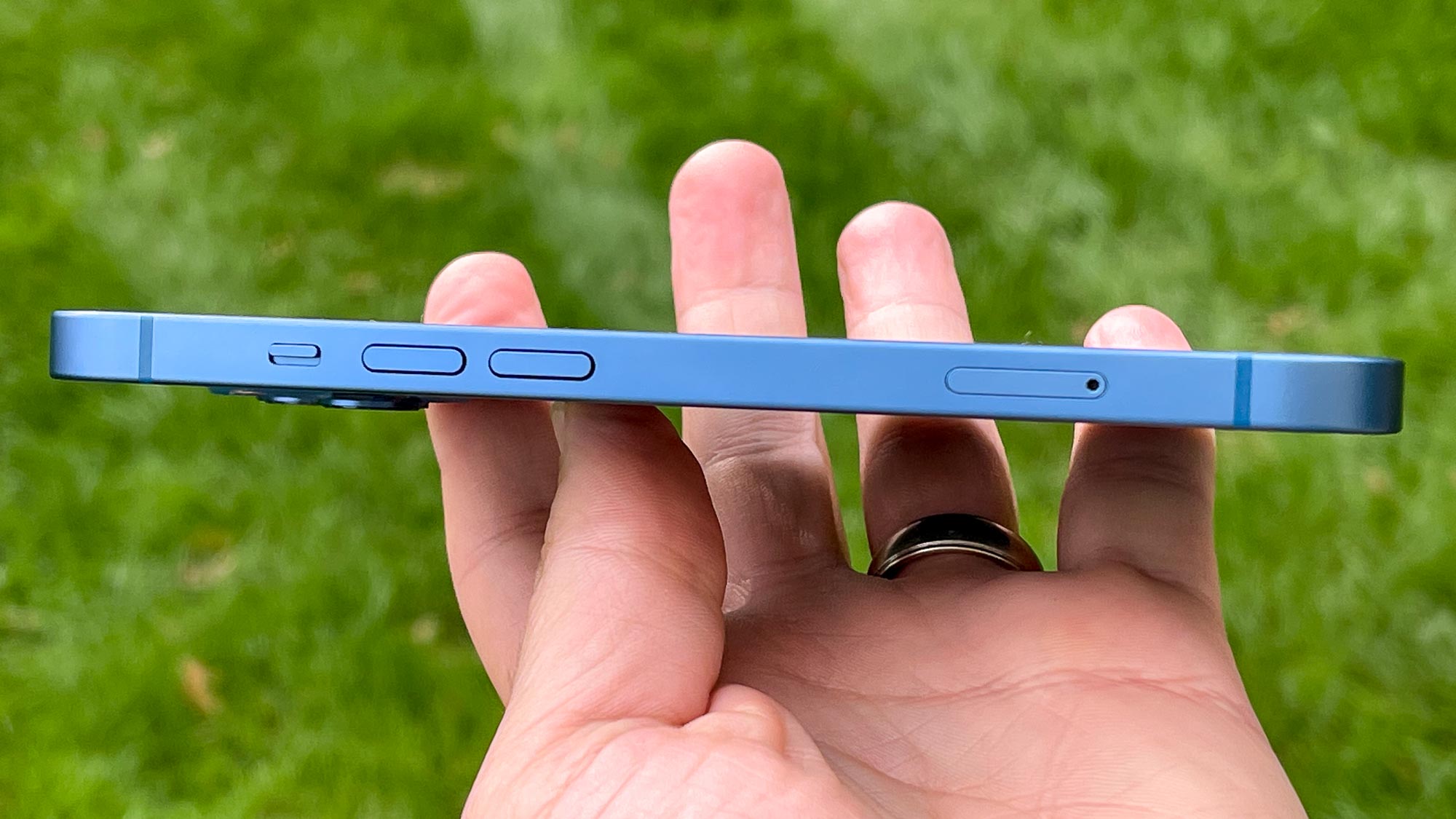iPhone 15 Pro could ditch SIM cards altogether
The iPhone 14 or 2023’s handsets could adopt eSIMs, two rumors suggest

Given there are still a few days left of 2021 to enjoy, it’s unsurprising that plans for 2022’s iPhone 14 are still a bit mysterious. Rumors are understandably thin on the ground, but an intriguing one has emerged in the last few days from two different sources, with two possible timeframes mooted.
There’s talk of Apple killing the SIM-card slot and embracing eSIMs, but is it for the iPhone 14, the iPhone 15 or neither?
First, a little background. The Brazilian website Blog Do iPhone claimed that Apple is experimenting with dropping physical SIM cards for its 2023 Pro iPhones and switching to dual eSIMs instead. The site cites an anonymous British company allegedly working on the project as the source for the leak.
This has been treated with extreme skepticism from the commentariat for two reasons: first, the website in question isn’t one with a proven track record of accurate Apple leaks. And second, the report only says Apple is “experimenting” with the technology, and that isn’t the same thing as guaranteeing the switchover will happen.
But there could be something to this, and perhaps even sooner than Blog Do iPhone’s timeline suggests. After reporting the above rumor as “sketchy”, MacRumors published a follow-up piece giving credence to the initial report and suggesting it may be something for next year’s iPhone 14 instead.
An “anonymous tipster” got in contact with the site claiming Apple had been in touch with “major U.S. carriers” advising them to prepare for eSIM-only smartphones in September 2022. Backing up this claim was a “seemingly legitimate document” with timeframes for the plan, though the site notes that neither Apple nor the iPhone is mentioned by name in the text.
According to said document, the plan is for carriers to begin offering iPhone 13 handsets without a nano-SIM card in the box in the second quarter of 2022 — something which is already the case for handsets sold directly from Apple.
Sign up to get the BEST of Tom's Guide direct to your inbox.
Get instant access to breaking news, the hottest reviews, great deals and helpful tips.
“Given the alleged September 2022 deadline, it is possible that Apple might remove the physical SIM card slot starting with some iPhone 14 models, rather than some iPhone 15 models as originally rumored,” the site speculates. “But nothing is definite at this point.”
Is a SIM-free iPhone plausible?
Commentators are split on whether a eSIM-only iPhone is something Apple will back — especially in the tight timeline suggested.
The case against is that the change could prove confusing to those used to moving their SIM card from phone to phone. Plus, eSIM services aren’t available worldwide, meaning Apple might have to create specific models for regions without, at added expense.
But there’s also a case for the removal of the SIM card slot. Apple is rumored to be moving to a truly portless design for its iPhones in the long run, and this would be a useful step on that journey. Plus, taking out the SIM tray could both improve water resistance and (marginally) improve aesthetics, as well as free up a tiny bit of internal space inside the iPhone.
You might consider that reasoning flimsy, but there was arguably an equally weak case for removing the 3.5mm headphone jack on the iPhone 7 — something Apple claimed took “courage”. Five years on, and Apple hasn’t seen the need to relent yet, and if the SIM card tray joins the audio jack on the scrap heap, then we could be one small but significant step closer to that portless iPhone ambition becoming reality.
Freelance contributor Alan has been writing about tech for over a decade, covering phones, drones and everything in between. Previously Deputy Editor of tech site Alphr, his words are found all over the web and in the occasional magazine too. When not weighing up the pros and cons of the latest smartwatch, you'll probably find him tackling his ever-growing games backlog. Or, more likely, playing Spelunky for the millionth time.

